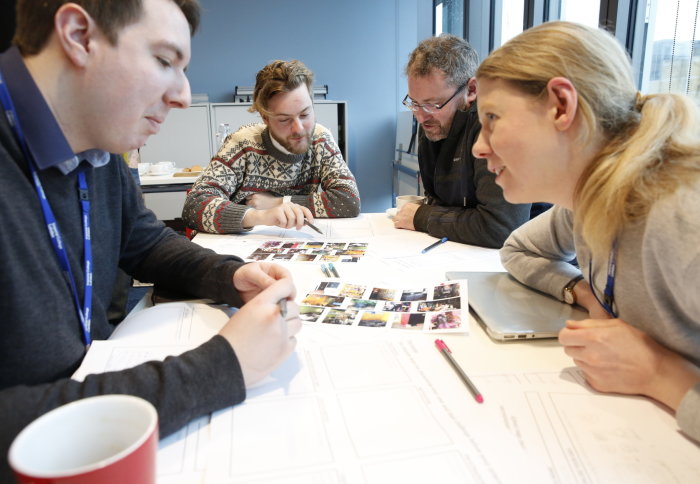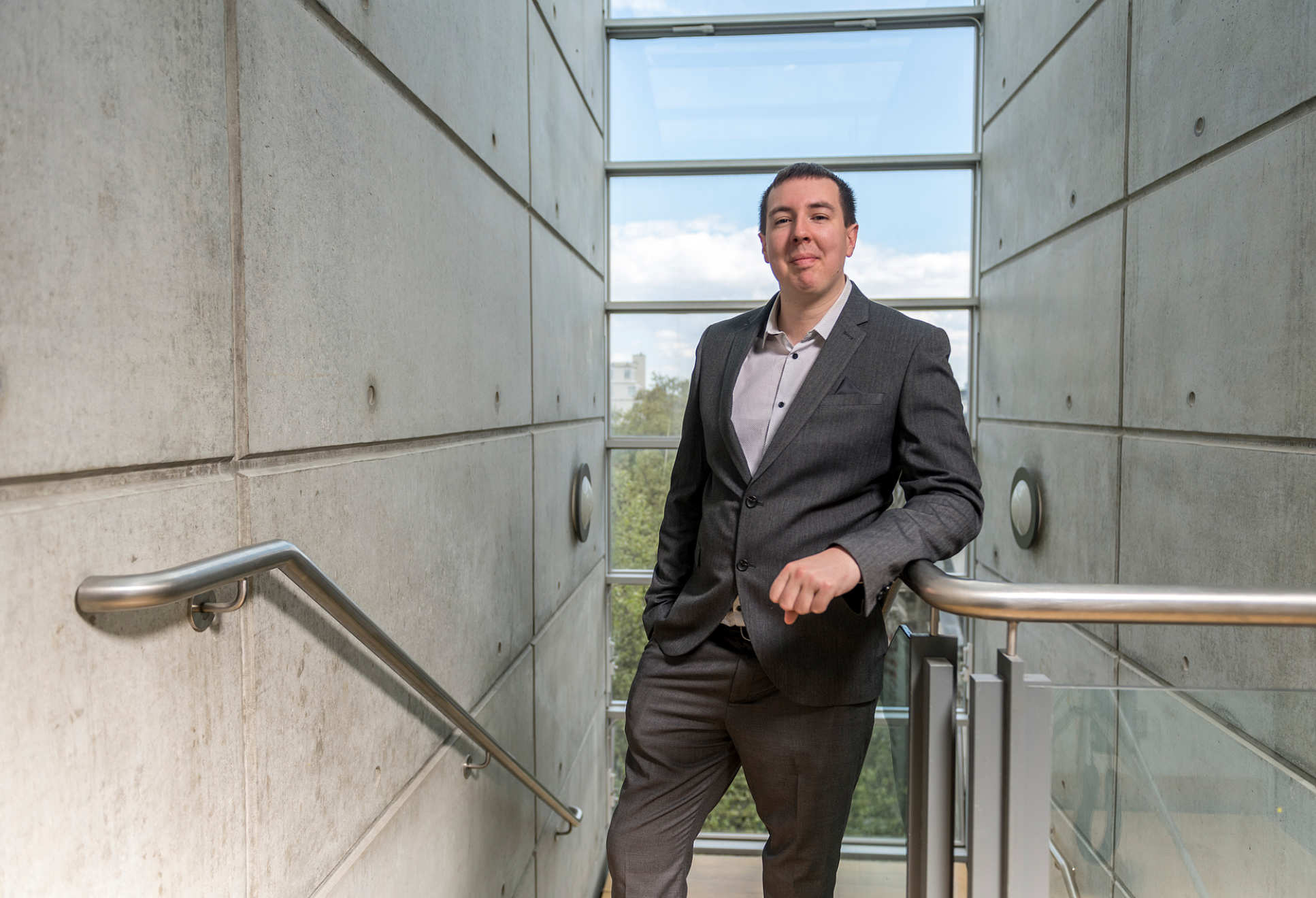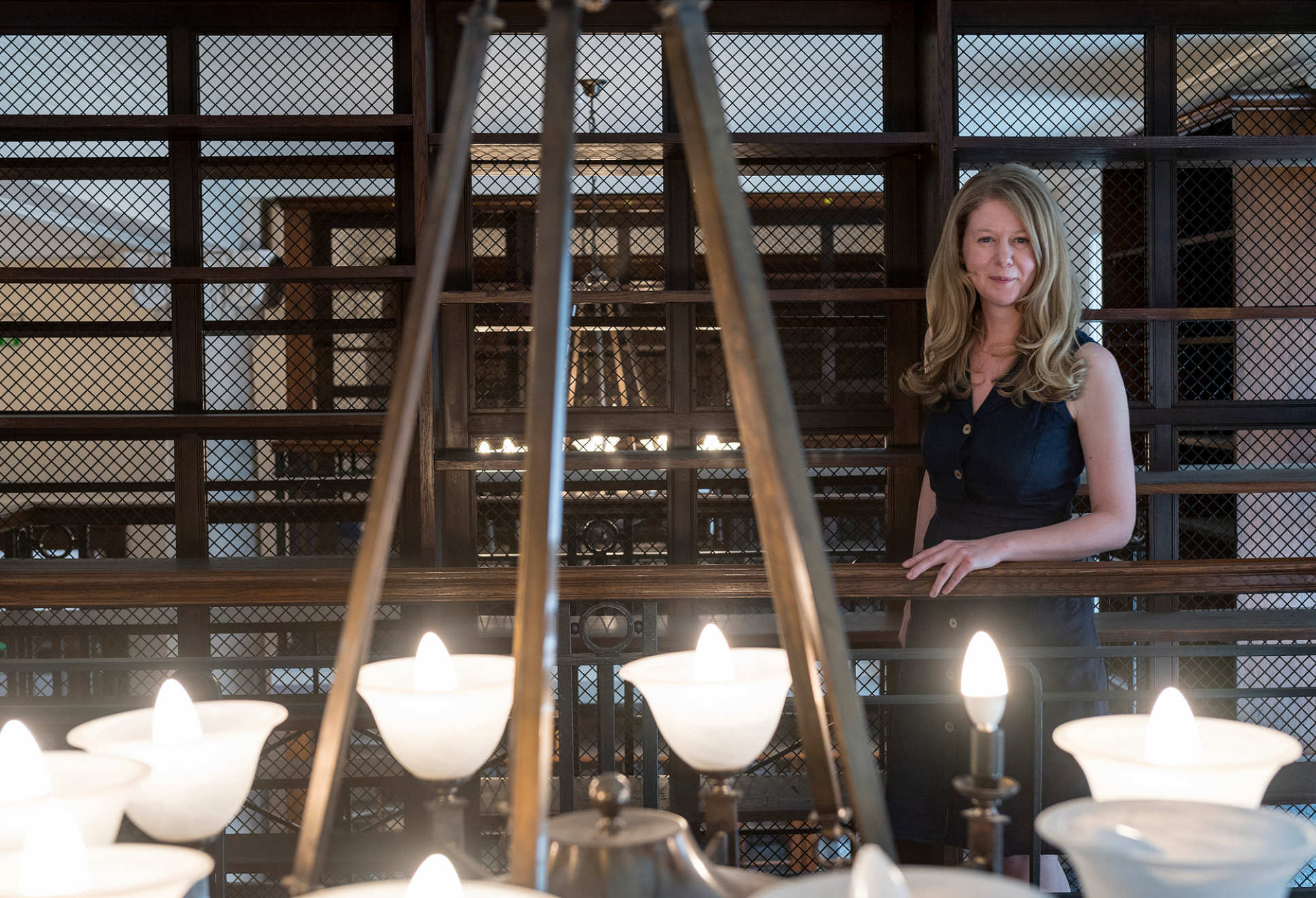Route from research to startup begins with finding a market
by Kerry Noble

Imperial’s Techcelerate programme is helping create entrepreneurially-minded researchers with confidence that their ideas have real-world potential.
Across Imperial, researchers are creating clever solutions to help with some of the world’s greatest challenges, from climate change and the environment to global health and cyber security.
But having an impact in the real world often requires researchers to get out of their labs to investigate the business potential of their research.
One way that early-career researchers can explore this potential is by participating in Imperial’s Techcelerate programme, which has now supported 24 postdoctoral researchers to take time out of the lab and explore the market for their new ideas.
As Imperial’s Director of Enterprise, Dr Simon Hepworth, explains, the programme aims to give would-be entrepreneurs the start they need: “Most researchers are taking some form of technology that they’ve worked on in the lab and then trying to find a market for it. This gives capacity to their research group to explore new forms of impact, which may not otherwise be possible alongside the academic demands of teaching and research. Techcelerate shines a light on a new career pathway from postdoc researcher to startup founder, providing exciting growth opportunities.”
Molecular drug delivery

Dr Richard Kelwick joined the programme in early 2018 to purse his idea for diagnosing and treating disease with the use of ‘exosomes’. These tiny packages are used by cells to deliver molecules to other cells in the body, but Dr Kelwick wants to produce them at a scale where they could be used to precisely deliver treatments such as cancer drugs.
Dr Kelwick said: “Postdoctoral work is incredibly rewarding but the demand for fast-paced research can have an impact on your thinking time. Techcelerate ‘buys you out’ of your work for three months giving you the time and space for meetings and discussion.
“The programme became a springboard for me to continue my translational research, but with a new focus.”
Dr Kelwick continues to work with Imperial’s Enterprise Division, benefiting from mentoring and workshops . Alongside filing for a patent for the exosome production technology, he has won a series of grants, including an enterprise fellowship to research and develop his ideas.
Bringing Innovation Home

Dr Deborah Adkins was also part of the first Techcelerate cohort, working on her interactive HOUSE tool, which helps people understand and improve energy efficiency in their homes. During the programme, she spoke to energy companies, building solution providers, energy charities, housing associations and homeowners.
Since then, Dr Adkins secured a lectureship at UWE Bristol, progressing to a senior lecturer after just a year. She has now been awarded a Wallscourt Fellowship is Sustainable Buildings, thanks in part she says to the Techcelerate programme: “Techcelerate gave me the opportunity to collect an evidence base that there’s interest in this new technology, that there are a number of possible markets and a number of different applications where the tool could work.”
Dr Adkins says the fellowship will give her the time she needs to work on HOUSE: “It’s really exciting, and I have some great ideas to work on. I want to develop more interactive physical tools and test those tools. And getting those tools out in the public domain is very important, that’s the aim of the work.”
Innovation inspired by nature

Dr Riccardo Secoli was part of the second Techcelerate cohort, beginning in late 2018. He used his time on the programme to discover whether a new steerable catheter, that was inspired by the structure of a wasp’s sting, could be used to deliver treatments or take samples in delicate organs like the brain.
He said: “I used my time on the programme to look for the best application for our bio-inspired catheter. As an academic, you might think your research is beautiful and will change the world, but you need to understand whether it’s commercially feasible.”
Techcelerate gave Dr Secoli the time and funds to travel to medical conferences and speak to neurosurgeons. He asked them about using the catheter to deliver cancer drugs directly to brain tumours, but he learned that there were other more useful applications such as taking several tumour biopsy samples with only one insertion point or delivering laser treatment for epilepsy.
Dr Secoli says he has also taken advantage of Imperial’s enterprise network, events and coaching, and he recently won a place on the MedTech SuperConnector. Now, he is in the process of setting up a startup company as well as pitching for support from venture capitalists and research funders.
He continued: “My aspiration is to move from academia to business. I’ve always been very interested in translational research and I want to see some work go from the lab to the clinic.”
Working alongside Imperial’s Enterprise team, researchers like Dr Kelwick, Dr Adkins and Dr Secoli each experience their own unique journey, but Enterprise Director Dr Hepworth believes some elements are universal: “Money and time clearly are necessary, but the right guidance is also key. And what I think we’ve given everyone who has been part of Techcelerate is a sense of determination and confidence.”
He adds: “I feel very proud of the work we do in Enterprise, whether it’s supporting seasoned academic entrepreneurs to help their work go further, or enabling first-timers to develop their skills and see the possibilities.”
Article text (excluding photos or graphics) © Imperial College London.
Photos and graphics subject to third party copyright used with permission or © Imperial College London.
Reporter
Kerry Noble
Department of Surgery & Cancer